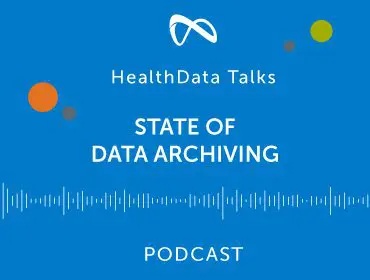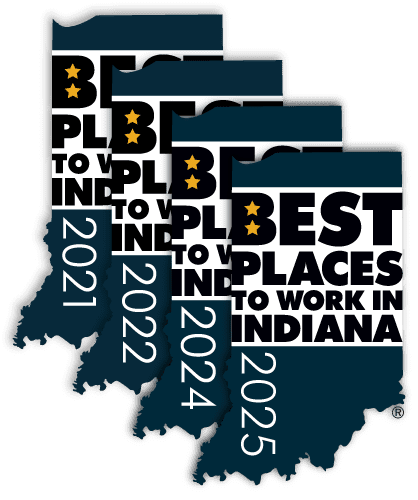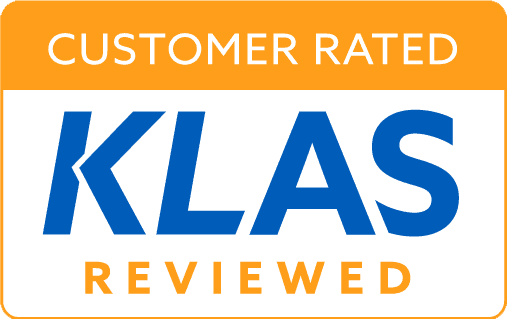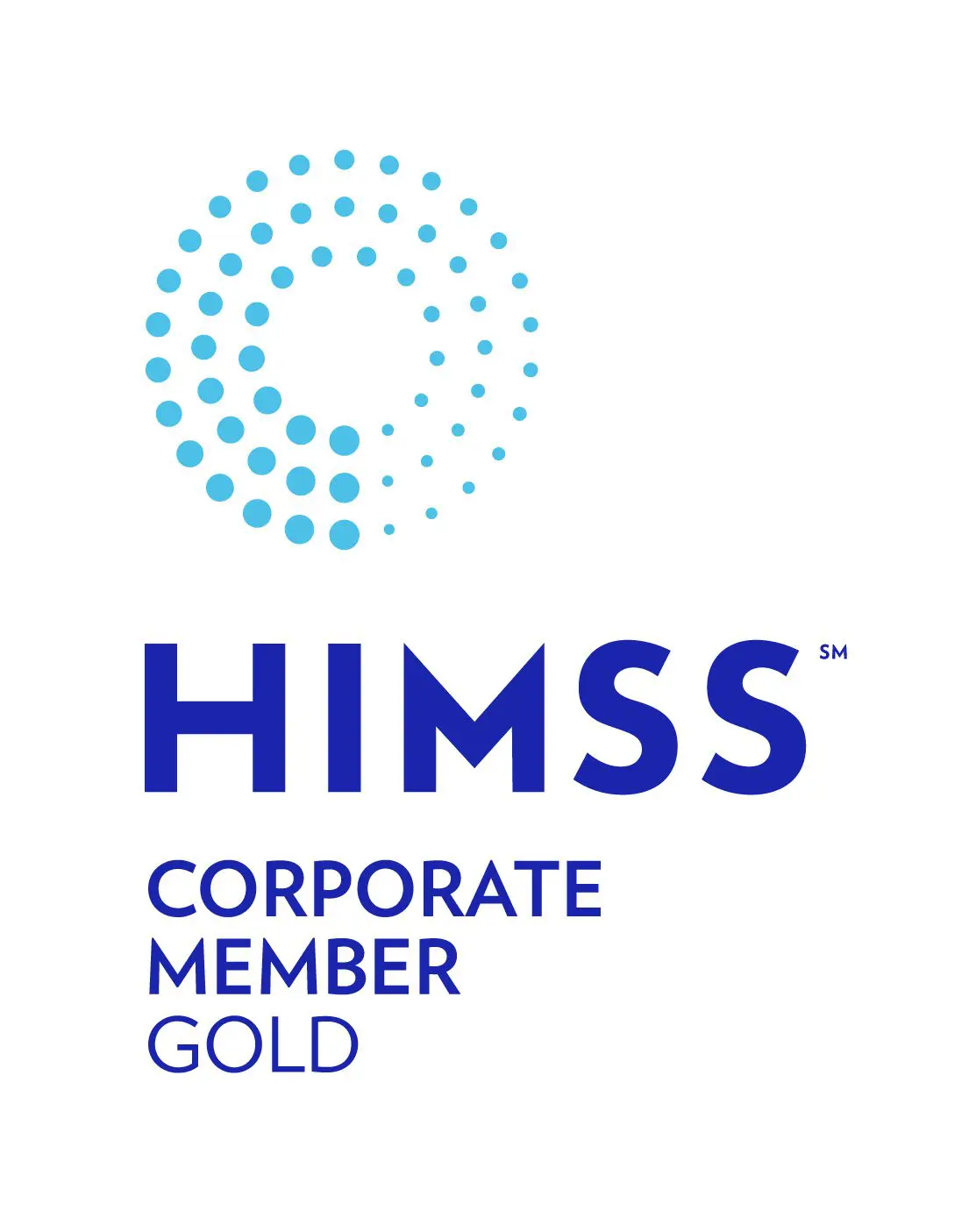
Health data archiving is a hot topic in healthcare. Provider organizations facing skyrocketing data volumes that triple every three years, and interoperability requirements of the 21st Century Cures Act, need solutions to support better data agility. A robust active archive can support the organization’s lifecycle data management strategy.
The overall state of health data archiving is the focus of a recent Harmony Healthcare IT podcast with special guest Tyson Blauer, Research Director for KLAS Research, and Erik Johnson, Vice President of Marketing at Harmony Healthcare.
KLAS Research has focused on health data archiving for the last six years.
Blauer explains that KLAS focuses on the topics that provider organizations are focused on and purchasing that are going to make an impact for them. Regarding the trend in electronic health record (EHR) system replacements, he shares:
“There is a lot of old historic data that they are saying, we need to hold on to this and keep it for compliance reasons, but it’s expensive to keep your old source systems up and going. And so instead of having to pay the maintenance cost to do that, let’s archive that.”
Then and Now: The primary drivers behind data archiving decisions.
Historically, one-off archiving projects were driven by what Blauer calls, “Big Pain.” This refers to legacy vendors charging high ongoing maintenance fees to keep legacy EHR systems up and running in a read-only mode.
More recently, there has been a shift toward a comprehensive archiving strategy with a long-term partner. Blauer shares that more organizations have a process and a plan to look for an archiving partner to help with their long-term goals.
The KLAS Data Archiving 2024 Report focuses on customer satisfaction.
Blauer adds that the recent Data Archiving 2024 Report is intended to provide deeper insights on customer satisfaction. This is different from previous research on archiving that looked at buying trends and the factors that went into making an archive purchase.
Blauer explains, “We were trying to parse out the field and say, okay, are there some vendors who work with larger, more complicated projects? Are there some who work with smaller, more basic projects? And so that is really what we wanted to be able to parse out and see. Is there a difference between those two? And there is. You can see in there that there are some vendors who do more of those larger projects and some who do more of those smaller projects.”
The Future of Archiving and the Next KLAS Research Reports
The next round of KLAS research in the data archiving space is expected to continue to gather performance data, watch the buying trends and measure customer satisfaction. Blauer shares a new report focusing on buying decisions is in the works. This report will add in mind-share, meaning that it will delve into current vendor relationships or if the organization is looking for a new vendor, who would be in their top three list.
Other trends that Blauer has noticed include:
- Larger organizations replacing EHRs which will continue to increase the need for archive solutions.
- More vendors entering the archiving business which could increase the competition and signal some consolidations.
- Artificial Intelligence (AI) advances in data mapping that can help streamline and automate processes.
For more information on KLAS Research, visit: klasresearch.com






